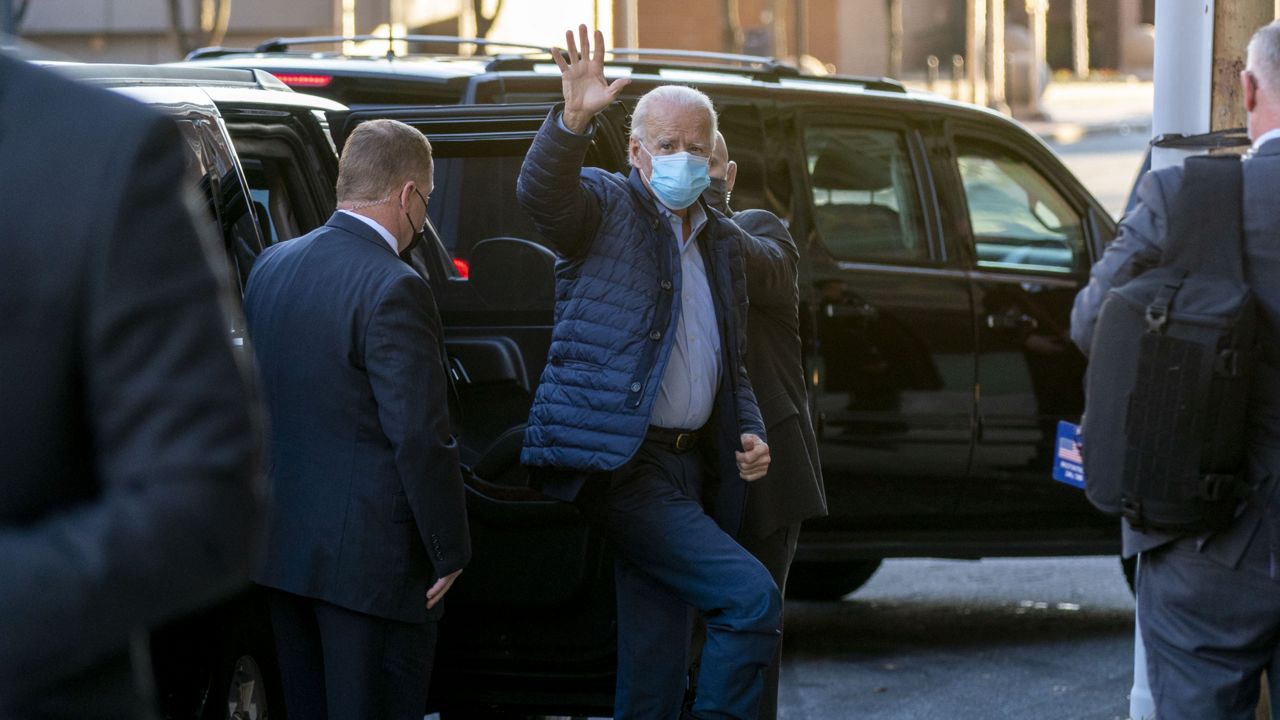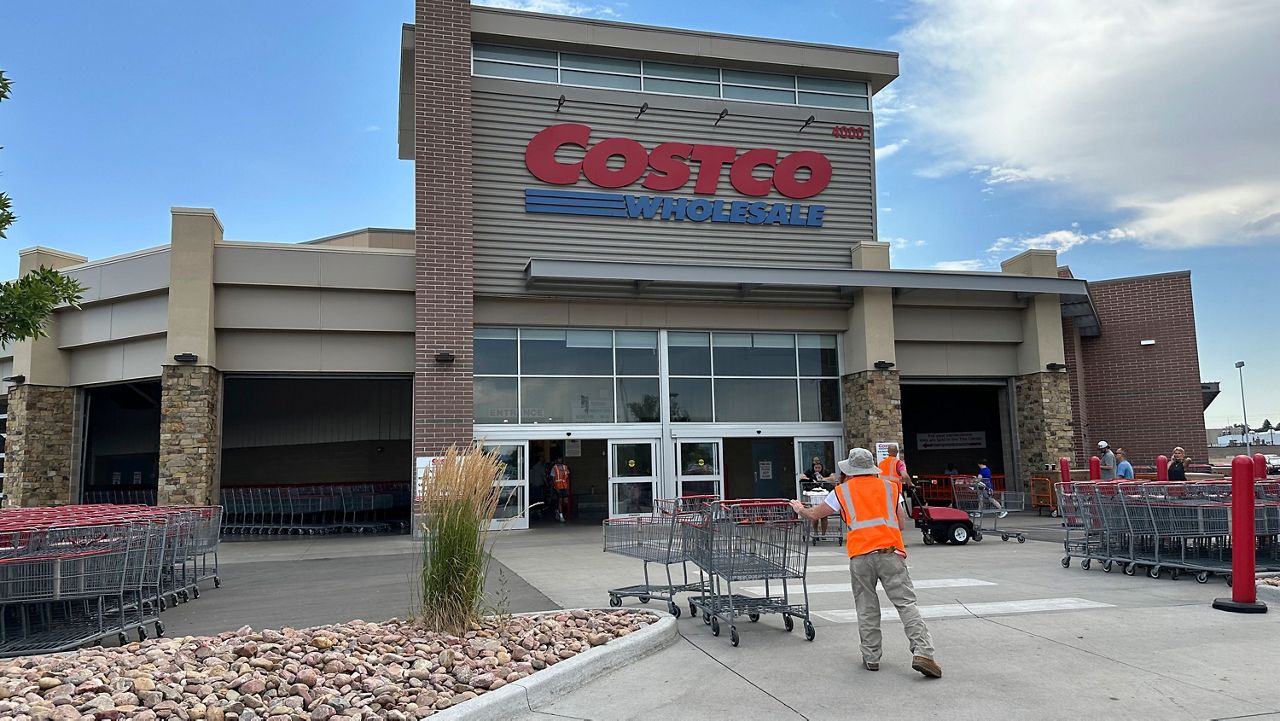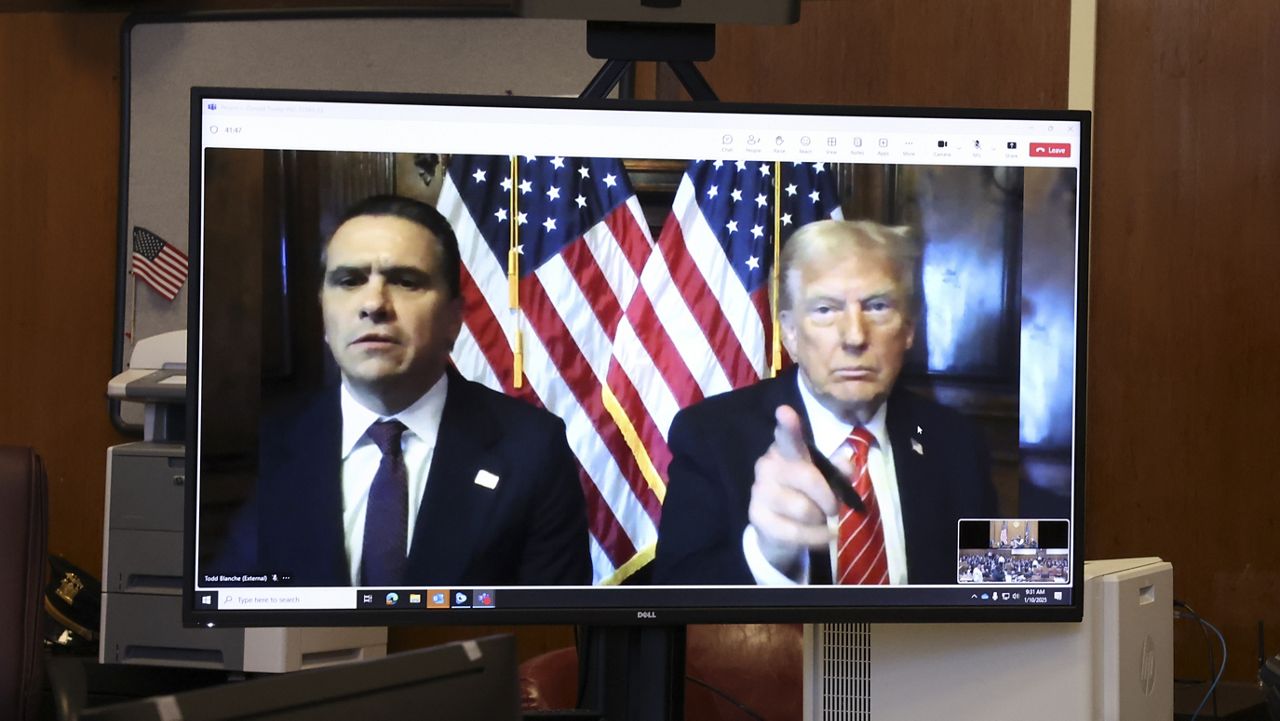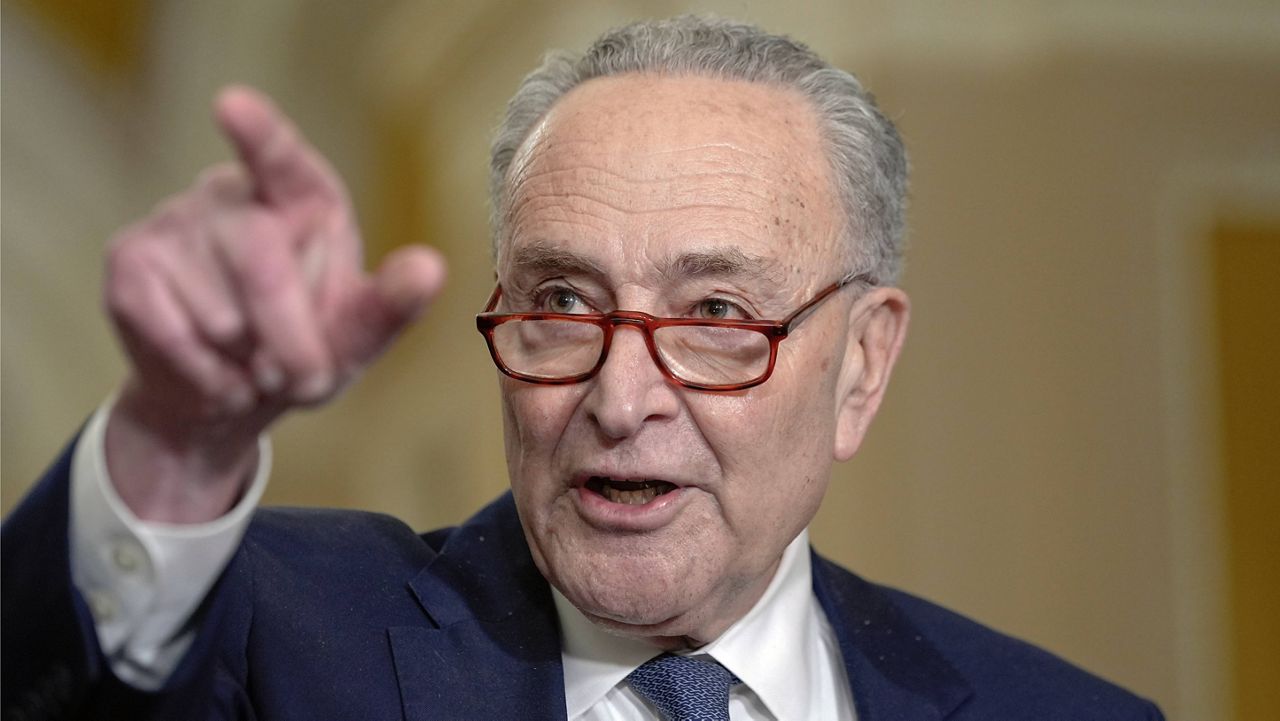President-elect Joe Biden on Wednesday hosted a virtual roundtable on the economic impact of COVID-19, hearing personal stories from four Americans whose lives have been dramatically changed by the pandemic.
Before hearing from the assembled speakers, Biden opined that the “failure of some of our friends in Congress to move forward on the economic package” which would have provided additional funding for COVID relief programs.
"Any package passed in this so-called lame duck session between now and January 21, at best, is only going to be a down payment,” Biden added, saying he still does not have the power to get Americans the immediate help they need.
Biden laid out his own recommendations for the steps Congress should take in the interim, which included ensuring no one is evicted from their homes for failure to pay rent; a proposal for the federal government to partially foot the bill for Americans who lost health coverage after their employer went out of business; and a reinstatement of the $600 unemployment benefit kick-in, among other ideas.
But the president-elect was very clear that getting the pandemic under control “still is the single most consequential thing that has to be done,” ahead of fully reopening the economy.
Biden urged attendees to be “straightforward” with their stories, promising to be an ally to middle class workers and their families in the White House.
Following the emotional discussion, Biden promised “help is on the way.”
Here is some of what the attendees had to say:
A school crossing guard of 18 years, Lorie Alexander told Biden she had never missed a day of work — until this year.
Now without work as schools go remote, Alexander said one of her biggest struggles is surviving off of the little benefits she earns from unemployment.
“The changes of the dollar amount that we have been getting, you can’t even feed your family,” Alexander said. “I thank God I don't have a family right now. My children are grown, they are adults, they are able to fend for themselves.”
Alexander’s biggest concern, however, is her pension, saying there are “so many unanswered questions” about her retirement or if she will even be allowed back to work.
“I pray that we can get some type of stimulus package where we again can take care of our families,” she said.
Alexander, like each of the speakers after her, said her union has been helpful in guiding her through the pandemic.
Through tears, Karen Coffey had a blunt message for the president-elect: “We do have a lot of concerns, Mr. Biden. It's been rough.”
After working at Little Caesars Arena for 30 years, Coffey has been unemployed since March 8 when the stadium shut down. Her union, she said, has “helped us (employees) tremendously” in providing information about unemployment concerns.
Similar to Alexander, Coffey stressed that the unemployment benefits she receives are simply not enough to get by.
“Unemployment helped so much when we had the extra money. After that, it was downhill from there. It’s hard trying to keep up with your bills,” Coffey said, going on to condemn politicians who refuse to allow a renewal of extra money for unemployment benefits. “We don't want to be sitting here on unemployment, we want to be working. We want to be able to go back to our old jobs, we want to make sure they are safe for all employees to come back.
Coffey added that she is concerned her company won’t hire back previous employees once the stadiums reopen, saying the stress has been “mentally draining and straining.”
Biden said he thinks it would be “hard for them to not hire back the existing workforce if they are able to hire people back,” but promised to look into the problem.
Unlike the other participants in Wednesday’s roundtable, Dan Jacobs is still employed in the hospitality industry as the owner of JVR Hospitality — but the pandemic slashed his restaurants’ revenues, with his business losing $700,000 since June 1 alone.
Jacobs’ concern is not only for the survival of his business, but for the employees he had to lay off as well. In March, his company had 90 employees, most of which were full time; as of Wednesday, JVR Hospitality has reduced its workforce to 26 employees, only 12 of which are full time.
“I worry about the future of our team whose benefits are running out,” Jacobs said, adding: “We are worse off right now than we were in March. At least in March there was hope. Now we look forward to a long winter that's here knocking on the door with a feeling of true desperation.”
Jacobs stressed that small business owners cannot have more federal aid come in the form of taking on more debt. Instead, he asked Congress to pass the Real Economic Support That Acknowledges Unique Restaurant Assistance Needed To Survive Act, or the RESTAURANTS Act, as swiftly as possible, noting Vice President-elect Harris is a cosponsor of the bill.
The bill, which was referred to the Finance Committee in June, “temporarily establishes and provides funding for the Restaurant Revitalization Fund, from which the Department of the Treasury shall make grants to eligible food and beverage purveyors to cover specified costs.”
Not only is much of Jessica Gavin’s extended family unemployed, the Atlanta-based stagehand suffered the loss of multiple family and friends from COVID-19.
Gavin, who primarily works for trade shows, said she and her colleagues “were the first let off, and probably the last to go back. Our entire workforce is pretty much unemployed.”
“We don’t have health insurance,” Gavin added. “If you do have health insurance, how long will you have it?...You have a lot of billion-dollar corporations that are not concerned about the health of working people.”
Gavin wanted to know what specific programs Biden will support to “relieve the burdens” on unemployed Americans, adding that the federal extension from the CARES act only “kind of helped us out.”
“Mr. President-elect, I'm so sorry you have to come in during this time,” she concluded. “But we trust you, the american people trust you, unions trust you, working people trust you.”









